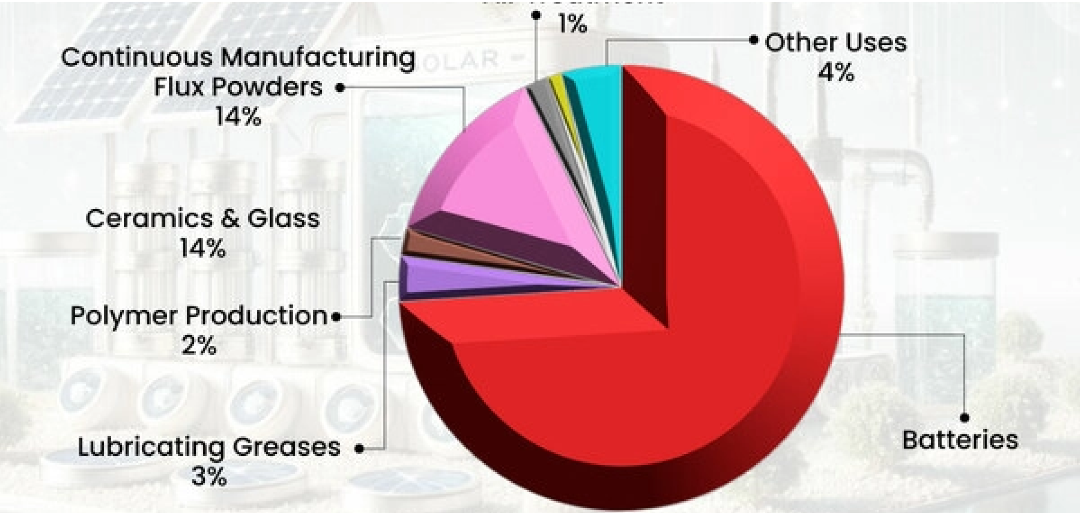Battery Tech Breakthrough Of Fast Charging Energy-Dense Lithium-ion Batteries
Deputy Prime Minister Chrystia Freeland announced that Canada's government is looking forward to introducing tax incentives for clean energy technologies. This initiative is a part of Canada’s Fall Economic Statement 2022. The government introduced a refundable tax credit equivalent to 30% of the capital investment cost. This includes electricity generation, stationary electricity storage systems, low-carbon heat equipment, industrial zero-emissions vehicles, and related charging or refueling equipment. For hydrogen projects, the investment tax credit will be 40%.
The need for smaller, faster-charging lithium-ion batteries is likely to skyrocket. With the drop in gasoline-powered car engines, the largest automotive market in the US is predicted to retire the internal combustion engine by 2035 effectively. With the growing popularity of battery-powered electric vehicles, particularly automobiles, there aren't enough batteries and crucial materials to match the predicted lithium-ion battery demand.
A study at Penn State University led by Professor Chao-Yang Wang in collaboration with EC Power unveiled fast-charging lithium-ion battery technology in October 2022. The finding is a first-of-its-kind combination of faster charging time, high energy acquisition, and storage for extended travel ranges. It addresses two fundamental shortcomings of battery-powered electric cars (EVs): they are too slow to charge and too bulky to be efficient and inexpensive.
Internal thermal modulation, an active technique of temperature management, is used in the technology to demand the most outstanding performance from the battery. Batteries perform best when they are heated but not too hot. Historically, external, cumbersome heating and cooling systems were used to manage battery temperature. However, this module controlled the temperature internally from within the battery. In addition to the anode, electrolyte, and cathode, the researchers created a unique battery construction that includes an ultrathin nickel foil as the fourth component. The nickel foil acts as a stimulus, self-regulating the battery's temperature and reactivity, allowing for 10-minute fast charging on nearly any EV battery.
This rapidly emerging technology is applicable for improving the capacities of energy-dense batteries. It will enable the downsizing of electric car batteries from 150 to 50 kWh without causing drivers to experience range anxiety and improving travel distance significantly. Smaller, faster-charging batteries would dramatically reduce battery costs and utilization of essential raw materials such as cobalt, graphite, and lithium, allowing for the widespread adoption of economical electric vehicles. EC Power, the study's partner, aims to manufacture and commercialize the fast-charging battery for a reasonable and sustainable future of car electrification since rapid charging is required for EVs to enter the mainstream.

